About Barry Robinson Center
The Barry Robinson Center offers a wide variety of therapeutic services to help young adults struggling with addiction and mental health issues. Services include inpatient and outpatient rehab, cognitive behavioral therapy, dialectical behavior therapy, experiential therapy, family therapy, group therapy, individual therapy, and trauma therapy. The goal of the center is to help clients heal both physically and emotionally, and to equip them with the tools they need to lead healthy and successful lives.
Addiction Treatment Programs
Dual Diagnosis
For many people in Virginia, dual diagnosis treatment that addresses mental health and substance use is essential to their recovery. A successful recovery may require counseling, peer support, and even mental health medication to help you manage your mental health symptoms and find better coping strategies.
Young Adult Rehab
A young adult rehab in Virginia addresses the recovery needs of clients in this life stage and gives them the tools they need to succeed. Young adult programs may include detox, inpatient treatment, outpatient care, aftercare services, and more.
Insurance Coverage
Medicaid
When you’re planning to use Medicaid to pay for rehab in Virginia, there are a few details to keep in mind. Using Medicaid can allow you to access treatment without paying much, if anything, out of pocket. Be sure to find a center that accepts Medicaid and has the level of care you need.
Private insurance
Paying for rehab in Virginia can be done in multiple ways, including using private insurance. Contact your insurer to get details about coverage and out-of-pocket costs, such as deductibles and copayments.
Self-pay options
One way to pay for rehab in Virginia is using self-pay, where you write a check, use a medical loan, or send money to the center electronically. This gives you maximum flexibility in choosing the center you prefer. The fee structure may vary depending on the type of treatment.
Financial aid
If you’re struggling with the cost of rehab in Virginia, using financial aid programs can allow you to get the care you need. Finding aid programs takes some research. Look for community groups or nonprofits in your area that may offer assistance, or ask individual treatment centers if they offer scholarships and grants.
Military insurance
In Virginia, using military insurance to pay for rehab can allow you to get the care you need. Plans vary, so be sure to contact your insurance company to find out coverage details and what copayments or deductibles you might be responsible for.
Levels of Care
- 1
Inpatient Rehab
If you’re starting out on your recovery journey, inpatient treatment can give you the focused, supportive environment you need to build a solid foundation. Inpatient treatment provides focused therapy that allows you to understand the roots of substance use, learn healthy coping skills, and create a new life.
- 2
Outpatient Rehab
If you struggle with addiction in Virginia, outpatient care is one option for rehab. You’ll live at home or in sober living outside of sessions. There are several goals in outpatient treatment. Some sessions may be focused on education about a certain topic, while others allow clients to discuss a specific issue they face.
Therapies
Cognitive Behavior Therapy
Receiving cognitive behavioral therapy in Virginia helps you identify your automatic interpretations of situations and how that impacts your behavior. CBT may include role-playing to help you imagine specific situations that might trigger a negative reaction so you can practice challenging automatic thoughts and choosing a more positive response.
Dialectical Behavior Therapy
Receiving dialectical behavioral therapy in Virginia helps you identify your strengths and learn how to create a better life for yourself. DBT may include role-playing to help you imagine specific situations that might trigger a negative reaction so you can practice healthy coping mechanisms and choosing a more positive response.
Experiential Therapy
Experiential therapy allows you to use activities such as art and music to express your emotions and work through trauma. You may struggle to address certain emotions or experiences in a traditional setting. Experiential therapy gives you a different environment and can help you breakthrough.
Family Therapy
If you struggle with addiction in Virginia, it’s common to have broken and dysfunctional family relationships. Family therapy can help you address those issues and find support from your loved ones. During family therapy, you may talk about acceptance issues, past trauma, communication problems, and more. These discussions are facilitated by a professional who brings an unbiased perspective and can promote healthy communication.
Group Therapy
If you struggle with addiction in Virginia, it’s common to feel like no one understands you. Group therapy can help you find common perspectives and support. There are several goals in group therapy. Some sessions may be focused on education about a certain topic, while others allow clients to discuss a specific issue they face. Overall, the group members hold each other accountable and provide encouragement.
Individual Therapy
In Virginia, individual therapy allows you to work one-on-one with a professional to address your past experiences and substance use triggers. This support and accountability help you establish recovery. Individual therapy is only one element of rehab treatment, along with activities, peer support, group counseling, relapse prevention, and more. Together, all these methods support you in establishing long-term recovery.
Trauma Therapy
When you’ve experienced trauma, it’s natural to try to protect yourself from further harm. Trauma-informed therapy in Virginia can help you see how substance use is connected to your past experiences and how you can learn to care for yourself in healthier ways. Substance use treatment includes detox, inpatient treatment, and outpatient care, and trauma-informed therapy may be a part of each of these stages. The goal is to help clients acknowledge past experiences, address their feelings, and develop healthy coping mechanisms.
Location
Contact Barry Robinson Center
Top Drug Rehab Centers in Virginia
-
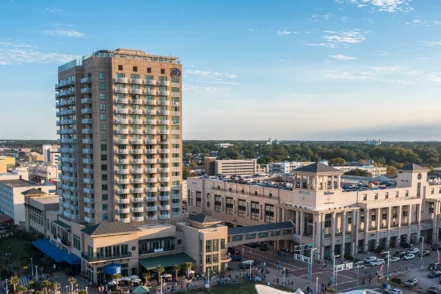 Virginia
VirginiaSellati and Co Virginia Beach Methadone Clinic VBMC
1728 Virginia Beach Boulevard, Suite 113 Virginia Beach, Virginia 23454
-
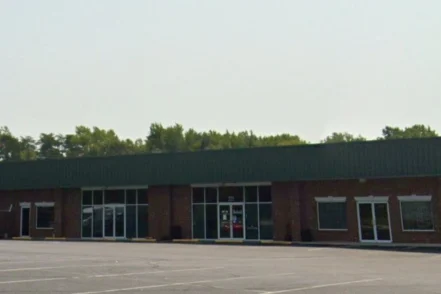 Virginia
VirginiaCrossroads Treatment Danville
1555 Meadowview Drive, Suite 5 Danville, Virginia 24541
-
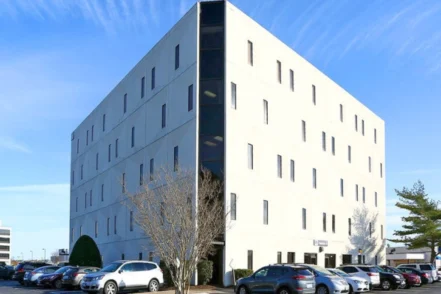 Virginia
VirginiaAdult Outpatient Services Virginia Beach
297 Independence Blvd, Suite 126 Virginia Beach, Virginia 23462
-
 Virginia
VirginiaBarry Robinson Center
443 Kempsville Road Norfolk, Virginia 23502
-
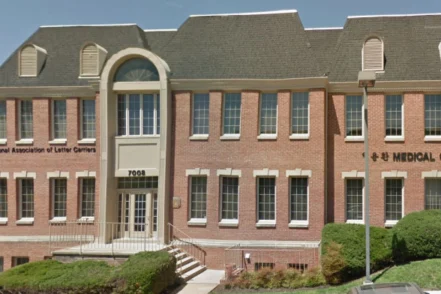 Virginia
VirginiaFairfax Methadone Treatment Center
7008 Little River Turnpike, Suite G Annandale, Virginia 22003
-
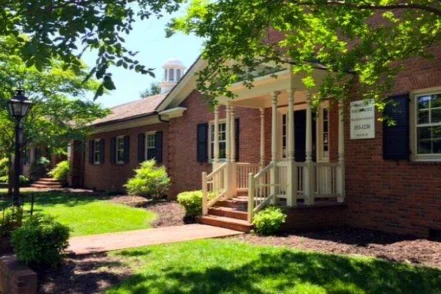 Virginia
VirginiaThe Coleman Institute Richmond
204 N. Hamilton St., Suite B Richmond, Virginia 23221
-
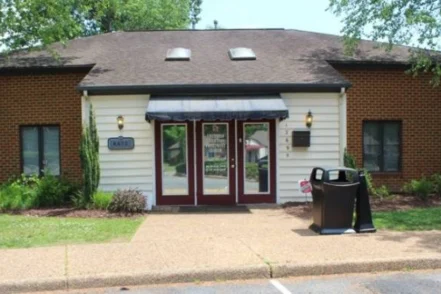 Virginia
VirginiaAmerican Addiction Treatment Center
12695 Mcmanus Boulevard, Building 2 Newport News, Virginia 23602
-
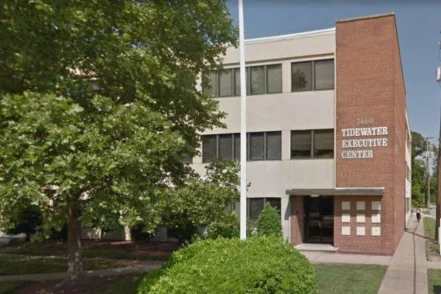 Virginia
VirginiaNorfolk Community Services Board Tidewater Drive
7460 Tidewater Drive Norfolk, Virginia 23505
-
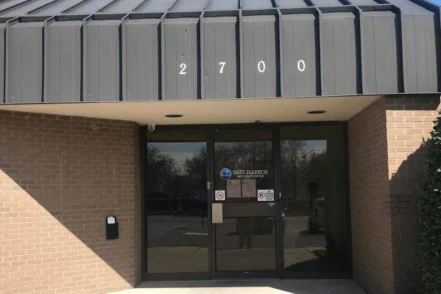 Virginia
VirginiaSafe Harbor Recovery Center Portsmouth
2700 London Blvd Portsmouth, Virginia 23707
-
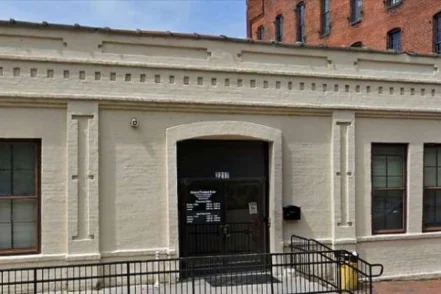 Virginia
VirginiaNew Season Richmond Treatment Center
2217 East Franklin Street Richmond, Virginia 23223
-
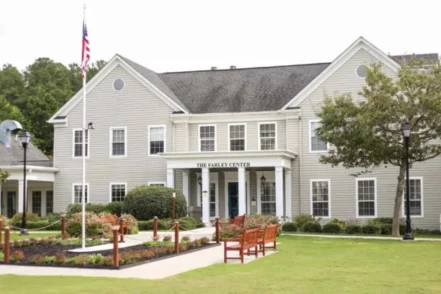 Virginia
VirginiaThe Farley Center
5477 Mooretown Road Williamsburg, Virginia 23188
-
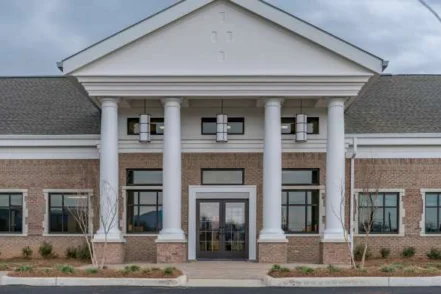 Virginia
VirginiaMount Regis Center Knotbreak Road
125 Knotbreak Road Salem, Virginia 24153
-
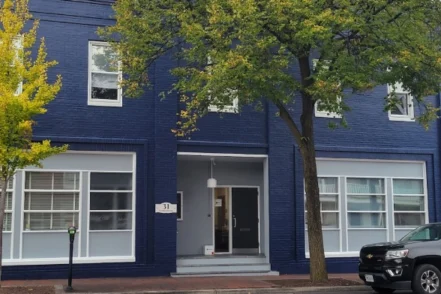 Virginia
VirginiaBridging the Gaps South Braddock Street
31 South Braddock Street Winchester, Virginia 22601
-
 Virginia
VirginiaTidewater Psychotherapy Services
240 Business Park Drive, Suite 100 Virginia Beach, Virginia 23462